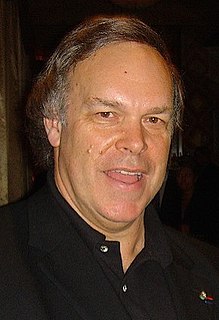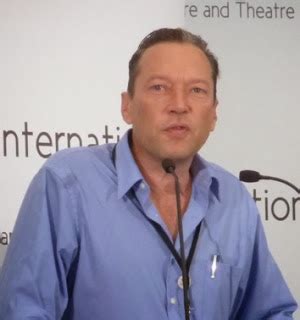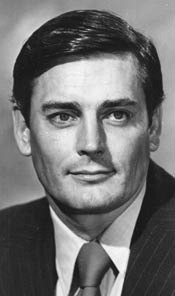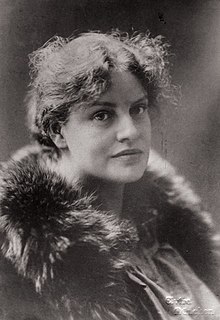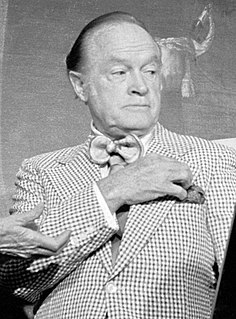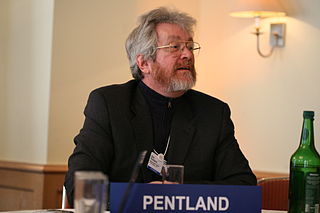A Quote by Robert M. Parker, Jr.
When I began visiting Bordeaux in 1979, only a handful of writers were there to taste the wines in the spring (and nearly all were British).
Related Quotes
Among the handful of British diplomats and military men aware of their government's secret policy in the Middle East-that the Arabs were being encouraged to fight and die on the strength of promises that had already been traded away-were many who regarded that policy as utterly shameful, an affront to British dignity.
At the beginning of the 20th century, before the migration began, 90 percent of all African-Americans were living in the South. By the end of the Great Migration, nearly half of them were living outside the South in the great cities of the North and West. So when this migration began, you had a really small number of people who were living in the North and they were surviving as porters or domestics or preachers - some had risen to levels of professional jobs - but they were, in some ways, protected because they were so small.
I have known a handful of producers who actually were equal or superior to the writers with whom they worked. These producers were a new kind of nonwriting writer hatched by the movies - as Australia produced wingless birds. They wrote without pencils or even words. Using a sort of mime-like talent, they could make up things like writers.
Whoever reaches into a rosebush may seize a handful of flowers; but no matter how many one holds, it's only a small portion of the whole. Nevertheless, a handful is enough to experience the nature of the flowers. Only if we refuse to reach into the bush, because we can't possibly seize all the flowers at once, or if we spread out our handful of roses as if it were the whole of the bush itself -- only then does it bloom apart from us, unknown to us, and we are left alone.
When I first saw China, there were no automobiles. There were no supermarkets. There were no high-rise buildings. There were no consumer goods. There were no restaurants that were at least accessible that foreigners could see. It was a Stalinist society, and a very poor Stalinist society. So the economic system has totally changed, and the private sector in the economic system is now the dominant sector. It didn't exist at all as late as 1979.
Near the end of the 1700s, philosophers began to declare that humans were rational individuals. People were flattered by being recognized as individuals, and by being called rational, and the idea soon wormed its way into the belief systems of nearly everyone in the upper class. Despite resistance from Church and State, the idea of rational individuality replaced the assumption that truth comes only from god and king.
